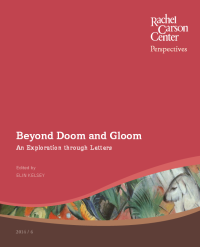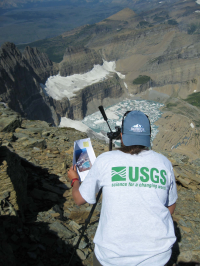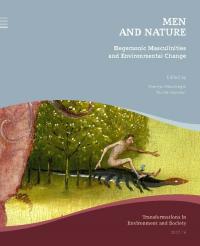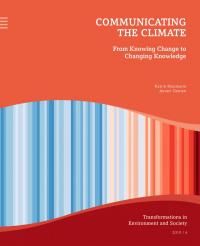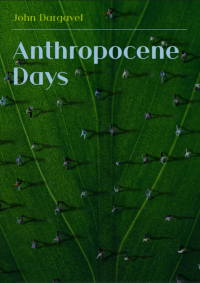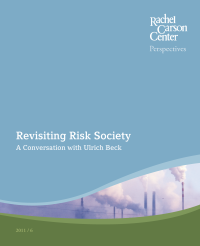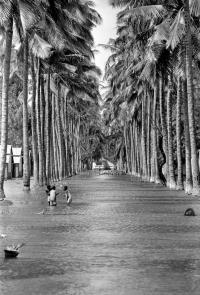"The Desert and the Garden: Climate as Attractor and Obstacle in the Settlement History of the Western United States"
This article examines climate and perceptions of climate as factors in the migration and settlement history of the western United States. It focuses on two regions of great interest in the nineteenth century: The so-called Great American Desert in the western Great Plains and the Mexican state of Alta California, which after 1848 became the US state of California.




